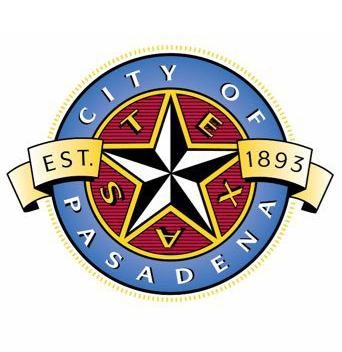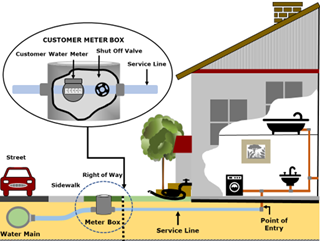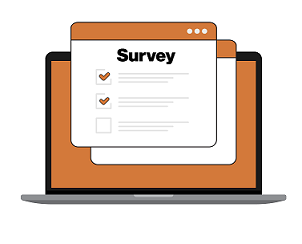The U.S. Environmental Protection Agency (EPA) announced the proposed Lead and Copper Rule Improvements (LCRI) on November 30, 2023 and published the proposed Lead and Copper Rule Improvements (LCRI) in the Federal Registry on December 6, 2023.
All community and non-transient non-community public water systems are required to comply with the LCRR starting October 16, 2024.
To learn more about the EPA requirements please visit, Lead and Copper Rule Revisions and Lead and Copper Rule Improvements - Texas Commission on Environmental Quality - www.tceq.texas.gov
To fulfill new federal requirements, the City is asking residents to complete an in-home service line inspection. Please fill out the in-home inspection survey to identify the service line material inside your home.
Please review the frequently asked questions listed below. Please email to contact_LCRI@pasadenatx.gov for more information. You may also send a picture of your service line to this email if you have a question about your specific service line.Water service line materials may be determined by a number of factors, including:
- The year your home was built
- The year your home or property first got water service
- The year your home was renovated, or a new home was built on the property.
The installation of lead service lines was prohibited in 1986 and became effective in 1988. If your home was built after 1988 with a new water connection, you should not have a lead service line. Copper service lines became popular in the 1960s so many homes built before 1988 do not have lead service lines.
Please fill out the in-home inspection survey to help us identify the service line material inside your home.
City of Pasadena is compliant with the current LCR, the revised rule has a list of requirements all water systems will have to submit, including:
- Submitting an inventory of all service lines to TCEQ by October 16, 2024, including both the public side and the private side.
- Sending an annual letter to customers served by a lead service line or a service line of unknown material.
- Sampling at schools and childcare facilities – sampling 20 percent annually for 5 years, which is around 140 samples per year.
- Creating a lead service line replacement plan by October 2027.
Our drinking water meets or exceeds all federal (EPA) drinking water requirements. The two water quality reports provide summaries of the quality of the water we provide our customers. The analysis was made by using the data from the most recent U.S. Environmental Protection Agency (EPA) required tests. We hope this information helps you to become more knowledgeable about what's in your drinking water. The City publishes the Water Quality Report that shows the sampling results of City of Pasadena water on an annual basis.
Even if you have a lead service line, City corrosion control and water treatment practices ensure your drinking water is safe and of high quality. However, replacing your service line is the best way to ensure lead particles never get in your drinking water. Please refer to EPA resource tool that provides more information on what kind of filter should you purchase.
If you have a lead service line, EPA recommends you use a certified water filter to remove lead and maximize the safety of your drinking water or when preparing infant formula and food where water is used. You may use non-filtered water for all other uses like showering, dishwashing, laundry, brushing teeth, and irrigation.
Infants and young children are most susceptible to the risks of lead exposure. The CDC states that “no safe blood lead level in children has been identified.” Because they are growing, children’s bodies absorb more lead than adults do, and their brains and nervous systems are more sensitive to its damaging effects. Source: EPA, Lead and Copper Rules Revisions




